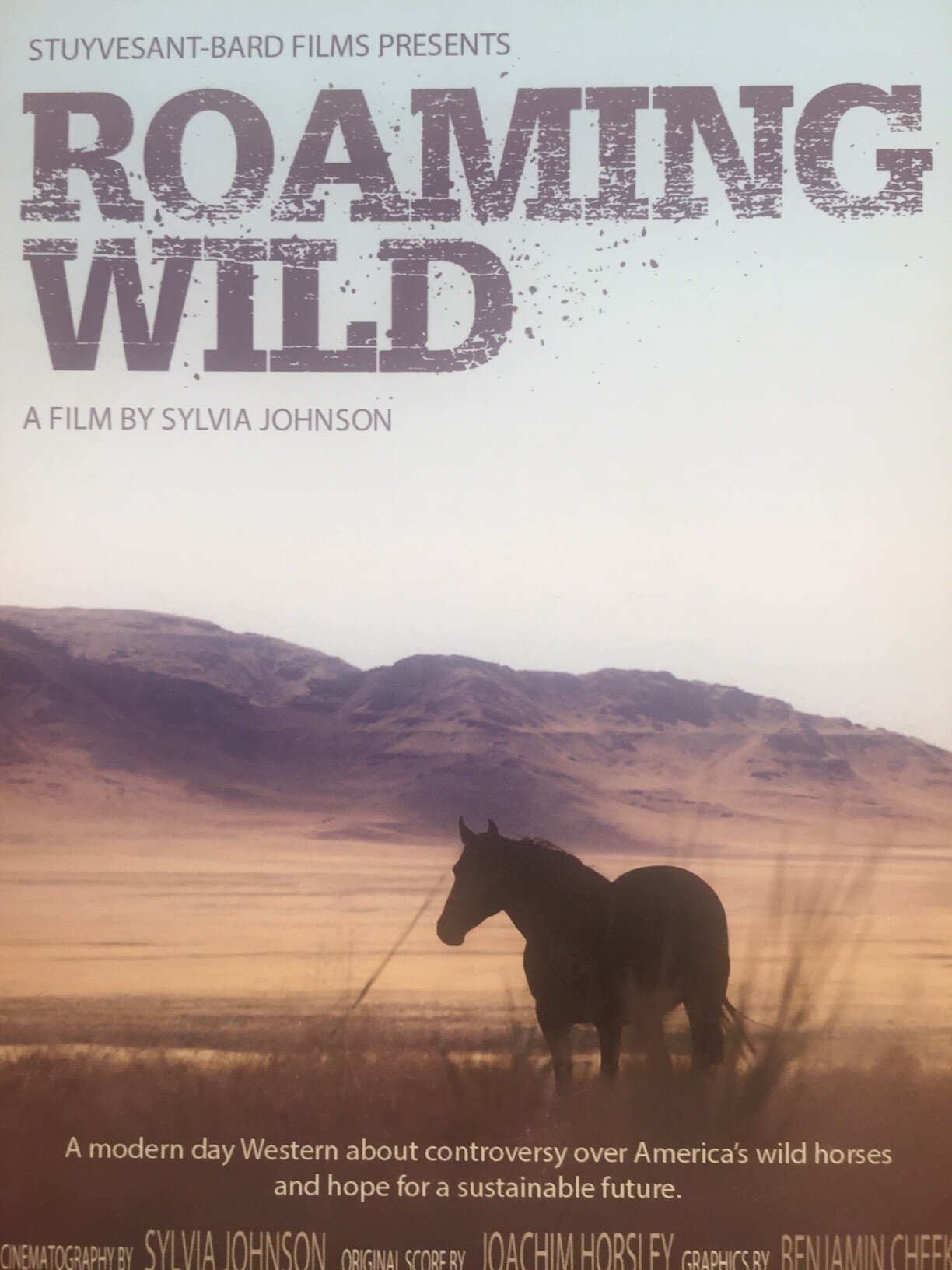Sky Mountain Wild Horse Sanctuary envisions a world where all wildlife live free and thrive within healthy ecosystems. The sanctuary works to create healthy ecosystems for wild horses and to give sanctuary for vulnerable mustangs where they live free. The band of mustangs who are the inspiration for the sanctuary and all its endeavors have much to teach each of us in the Sky Community and beyond about habitat loss, ecosystem health, and what this means for wild horses and for all species, including the human animal. As truly wild places are lost, wild horses and all wildlife they share these lands with are pushed off what has been their home. The health of the lands they still roam is increasingly threatened as forage and water sources decline amidst climate change and ever-growing human activity. Starvation is a slow, cruel phenomenon ~ as the health of the original mustangs of the Sky Band so clearly illustrated.
Humanity, Science, & Technology in Action for Wild Horses
Sky Mountain Wild Horse Sanctuary is growing to sustain freedom for additional mustangs in ways that align with the sanctuary’s whole ecosystem approach to protecting the Sky band’s health and freedom, and the health of the sanctuary for them and all wildlife that share it. The sanctuary lives its deep commitment to wild horses, wildlife, and wildlands within and beyond its boundaries in all sanctuary endeavors. This commitment has led to exploration of different paths by which more wild horses stay free on their home lands in numbers that are healthy for them and the land. In 2009, a ground-breaking effort with sanctuary partners Mount Taylor Mustangs and the Carson National Forest led to the first-ever immunocontraception treatment in the country for wild horses on a U.S. Forest Service-managed territory. Sustaining freedom for wild horses by treating them with the immunocontraceptive Porcine Zona Pellucida, or PZP, is a marked shift in the paradigm of how wild horses are managed. Prior to 2009, wild horses on Forest-managed Wild Horse Territories were rounded up from the range to keep herds at numbers that were deemed appropriate, or when water and forage for them was running out - round up and removal was the only method used to manage herd numbers. Mustangs who are removed from the range face an uncertain future that at best results in freedom lost for most of them. Limiting reproduction via PZP treatment is one strategy on the path forward for keeping wild horses free and wild horses, other wildlife, and the lands they roam healthy.
The first mares from a U.S. Forest Service Wild Horse Territory in the country receive PZP treatment ~ March 2009, New Mexico. Left to right, Dan Elkins, Mount Taylor Mustangs, Mare # 1, Karen Herman, Sky Mountain Wild Horse Sanctuary, & Anthony Madrid, U.S.F.S.
What Porcine Zona Pellucida (PZP) Is
PZP is a vaccine against conception ~ an immunocontraceptive. Made from porcine ovum, it stays out of the reproductive stream in the body. This means that PZP prevents pregnancy with little side effects; some mares develop a lump at the injection sight that goes away on its own. Over thirty years of research has demonstrated that PZP is safe for mares, pregnant mares and their foals, and for the environment. PZP is 90 - 95% effective, is reversible, and comes in two forms. Zonastat-H is the vaccine that provides one year of protection against conception. PZP-22 is the multi-year form of the vaccine. Using PZP to improve wild horse health by reducing reproduction is a key strategy for humane, science-based, tech-informed, effective and cost-sustainable efforts to keep wild horses free in numbers that are healthy for them and the land.
PZP-22 ~ Innovation & Research
After achieving the first-ever immunocontraception treatment for wild horses on U.S. Forest land, the next adventure in freedom for more mustangs was treating mares with PZP-22 on a second U.S.F.S. wild horse territory. Project partners treated mares with PZP-22, or the multi-year immuncontraceptive, out on the range by darting these mares using air-powered dart guns. This project marked yet another key innovation - the first treatment of wild horses in the country with PZP-22 by darting on the range. Tufts University veterinary medicine students followed the treated mares for two years, and documented a 79% reduction and a 35% reduction in reproduction for these mares in years one and two, respectively. This research contributes to low-stress methods for freedom for more mustangs, particularly those in elusive herds, by demonstrating that darting herd members on the range with a multi-year immunocontraceptive is possible and is effective in limiting reproduction. Research results were published in the journal Wildlife Reproduction in 2019.
Carson Forest Mustangs ~ photo by Dan Elkins
The Sky Band Makes Their Big Screen Debut in Roaming Wild
Members of the original Sky band ~ Sun, Moon, Fire, Luna & Starlight ~ showed the power of freedom restored in the award-winning documentary Roaming Wild, by Sylvia Johnson. The film has been described as a modern day Western about wild horses in the center of an age-defining controversy where the demands of modern development are colliding with the needs of the wild. Gorgeous wild horses and stunning cinematography interwoven with diverse perspectives illuminate key challenges facing wild horses, as well as paths forward for protecting their freedom and other wildlife and the range.
Christine Stevens Wildlife Award ~ 2016 & 2021
In our pursuit of freedom and health for wild horses, other wildlife, and lands, we thank the Animal Welfare Institute staff for supporting sanctuary efforts with this award, and for their work on behalf of so many species. We’re honored to have won the Stevens Award twice, first in 2016 for research to develop new, low-stress methods for surveying wild horse herds on the range. The 2021 Stevens Award funded sanctuary research on the efficacy of refined PZP-22 immunocontraception. Both research projects tested new methods for sanctuary herd planning efforts on public lands, which are designed to balance herd health and freedom with other wildlife and range capacity in the face of habitat loss and climate change. The Christine Stevens Wildlife Award is a nationally-competitive financial award given annually to up to ten researchers in the U.S. whose work signals innovation in pursuit of humanely resolving wildlife-human conflicts.
Wild Horses Roaming Free on Public Lands with Herd Planning by Sky Mountain Wild & Partners
Dine’ Chapter Herd Planning ~ 2019 to Today
We thank the Chapter range staff and community for the opportunity to partner with them and with Animal Protection of New Mexico to serve community members, wild and free-roaming horses, and land, and for all they do. Working with the community and horses via herd surveying out on the range, immunocontraception treatment for horses, and hay/supply deliveries has been a deeply valued learning experience.
Free-Roaming Horses on Dine’ Nation Lands
Santa Fe Community Foundation Courageous Innovation Award ~ 2021
We thank the Santa Fe Community Foundation for this award and for all the Foundation staff does in our communities. We’re honored to have won this award for work with partners in achieving advances in science and technology for wild horses and their health and freedom, including several firsts in the nation. The Courageous Innovation Award is given annually to a Northern New Mexico nonprofit organization that demonstrates impact by forging new paths to address complex challenges.
Tour Sky Mountain Wild Horse Sanctuary via the awards video
Fertility Control and the Welfare of Free-Roaming Horses and Burros on U.S. Public Lands: The Need for an Ethical Framing, Animals, (2022) ~ Journal Paper
How do we further an ethical lens for viewing wild horses and burros roaming on public lands in the U.S.? What are key viewpoints of historical and contemporary inhabitants of these lands? How will we develop strategies for wider perspectives on wildlife and land health? Drs. Allen Rutberg, Tufts University, John Turner, University of Toledo, and Karen Herman, Sky Mountain Wild Horse Sanctuary, seek an initial framing of these questions grounded in ethics. Read the paper at https://www.mdpi.com/2076-2615/12/19/2656/pdf
Project Coexistence Documentary
Project Coexistence dives deeply into the question of how we humans will coexist with wildlife in a world forever changed by habitat loss and climate chaos. Filmed in New Mexico at Sky Mountain Wild Horse Sanctuary and on National Forest lands, as well as in South Africa, Project Coexistence features work to protect the lives and freedom of wild horses and elephants. The film explores efforts by those seeking to use the best immunocontraception science and technology in wild places in service of these species and the lands they roam amidst often-violent conflict. The film is in development during 2025 ~ view stunning footage, learn, and give at https://vimeo.com/712694206/35435b422b & https://projectcoexistence.com
Science, partnerships, observations with wildlife in the wild, technology, art, policy change … Sky Mountain Wild Horse Sanctuary pursues continuous learning in these spheres and more, seeking a new paradigm in which all wildlife live free and thrive in healthy ecosystems. Join us for the adventure of life ~humanity in action for sanctuary for wildlife, the human animal, and planet.
Summer 2025
The Sky band is romping in their sanctuary wonderland as summer brings everything alive. The sanctuary team and partners are exploring new opportunities for conserving wild places for mustangs and wildlife, immunocontraception research to sustain horses in numbers healthy for them, the range, and all wildlife that share it, and how evolving technology and science may be used to support all of this work. Immense gratitude to each of you in the Sky community for holding a vision of sanctuary and freedom.







